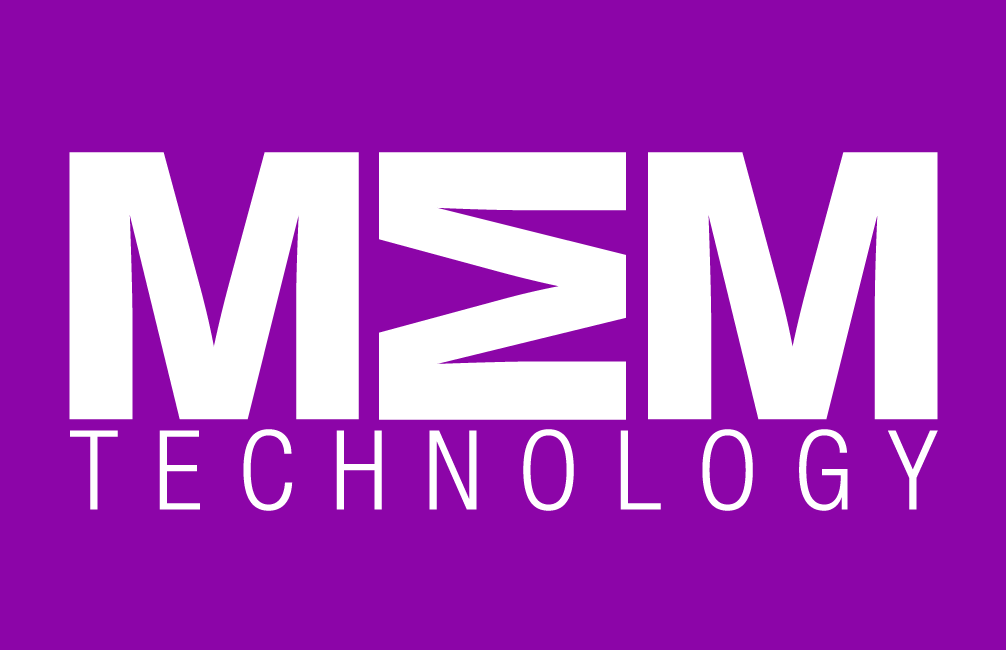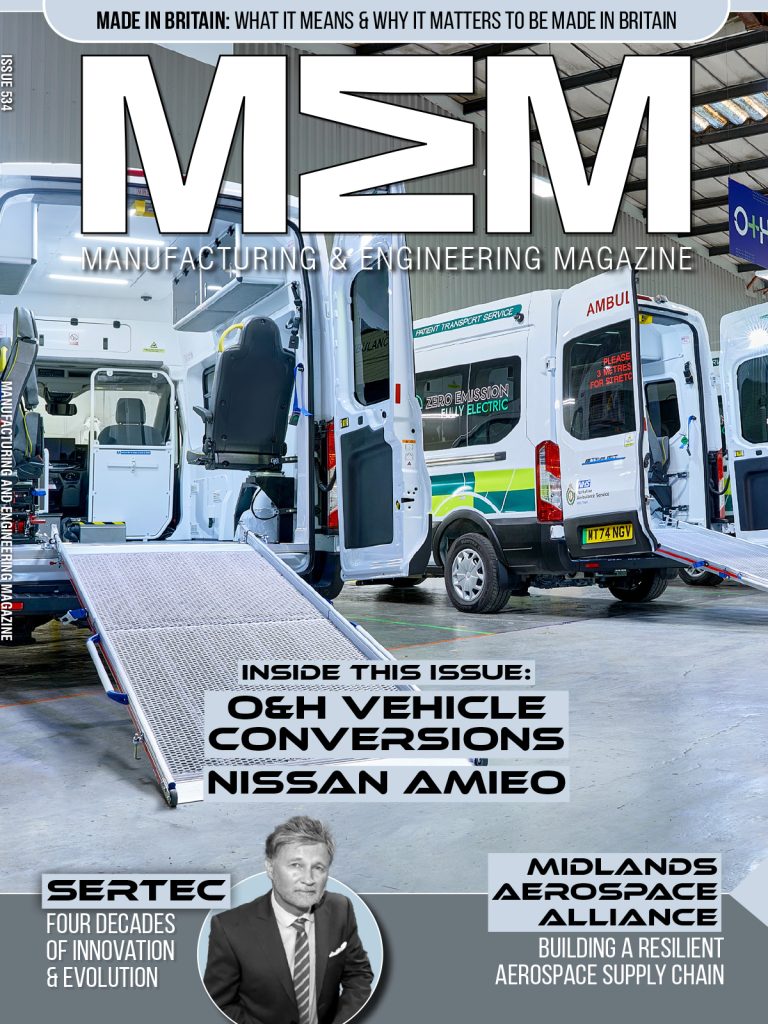Countries all over the world have been negatively impacted by the effects of the COVID-19 pandemic and are looking at ways to aid recovery, with one way being to invest in manufacturing. Increasingly, governments are emphasising the need – and providing incentives and support – for businesses to invest in manufacturing infrastructure, including smart systems and Industry 4.0, in order to drive innovation, promote growth, and improve GDP.
There are myriad benefits for organisations who choose to embrace new Industry 4.0 technology to upgrade their manufacturing systems – from mitigating supply chain risk, to achieving greater production line agility, efficiency, and resilience. However, understanding what new systems businesses might be best to invest in, and where these can be applied on the production line for maximum benefit is key. Choosing the right supplier who can support and advise during this process is crucial as Carl Haycock, UK Operations Director, and Adem Kulauzovic, Director of Automation, Domino Printing Sciences (Domino), explain.
From 1 April 2021 until 31 March 2023, British companies investing in qualifying new plant and machinery assets will be able to claim:
- a 130% super-deduction capital allowance on qualifying plant and machinery investments
- a 50% first-year allowance for qualifying special rate assets
The super-deduction will allow companies to cut their tax bill by up to 25p for every £1 they invest in manufacturing, ensuring the UK capital allowances regime is amongst the world’s most competitive.
The UK government has offered unprecedented support for businesses during COVID-19. Even so, pandemic-related economic shocks and the accompanying uncertainty have slowed business investment. This super-deduction will encourage firms to invest in productivity-enhancing plant and machinery assets that will help them grow.
The question for many businesses seeking to take advantage of these incentives is where to invest. What aspects of production will benefit most from investment in new technologies, systems, and processes, for both immediate and long-term advantage?
Every manufacturer is different, however, we have identified four key areas which we see as ripe for enhancement through digital investment. In these areas organisations can look to utilise Industry 4.0 for both immediate and long-term effect – without necessitating significant changes to production processes:
- Manual data entry: limiting manual data entry reduces the risk of operator error – one of the top causes oflabelling mistakes – which, if unnoticed, can cause costly product recalls. Simple automated solutions can replace the need for manual data entry on production lines – for example, a barcode scanner can be utilised to populate product labels automatically based on an existing production order.
- Inefficient product changeovers: the time taken to carry out a changeover can be reduced by ensuring that production workers are prepared ahead of time. This requires little more than a monitoring solution set up to provide a real-time product count, with a corresponding alert to let production staff know when a production run is coming to an end.
- Machines working in siloes: integrating line machinery with automation software can provide greater visibility of how a production line is operating – helping manufacturers to identify where problems are arising and understand what improvements need to be made to correct causes of downtime. In addition, by allowing machinery and systems to work together, manufacturers can significantly improve their production capabilities. For example, integrating machinery with an existing ERP or MES system via coding automation software can offer opportunities to automate product changeovers and production schedules.
- Manual data sharing: cloud communications enable instant, real-time sharing of production data to anyone, anywhere in the world. Production lines equipped with smart systems to collect production data can utilise the cloud communication to share information with supervisors, plant managers, and service and support engineers, without necessitating a site visit.
















